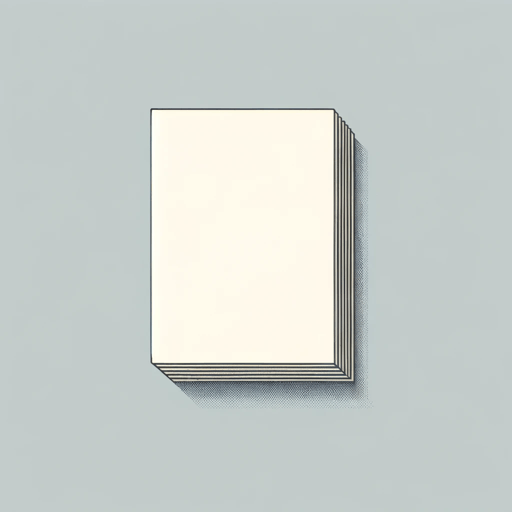32 pages • 1 hour read
Roland BarthesThe Death of the Author
Nonfiction | Essay / Speech | Adult | Published in 1967A modern alternative to SparkNotes and CliffsNotes, SuperSummary offers high-quality Study Guides with detailed chapter summaries and analysis of major themes, characters, and more.
Important Quotes
“Writing is that neutral, composite, oblique space where our subject slips away, the negative where all identity is lost, starting with the very identity of the body writing.”
(Page 142)
This is a craftily written sentence in several ways. It uses amplification (“neutral, composite, oblique”) in an ironic way, since what Barthes is amplifying is ultimately an absence, and the sequence of words does not exactly clarify meaning. The sentence begins with “writing” and ends with “the body that writes.” The repetition of beginning and ending word(s) in a clause or sentence, called epanalepsis, is an elegant rhetorical figure that often suggests completeness, enclosure, or circularity. Here, epanalepsis signifies a closed loop of writing, outside of which there is nothing.
“[T]o write is, through a prerequisite impersonality (not at all to be confused with the castrating objectivity of the realist novelist), to reach that point where only language acts, ‘performs,’ and not ‘me.’”
(Page 143)
Barthes ends the last clause with the wrong personal pronoun—”me,” where it should be “I.” The intentionally awkward phrasing is a way of emphasizing that there is no personal agent who writes. The writer is the passive object of writing, not its agent. To say that an “author writes” would be as incorrect as saying “me writes.”
“Linguistically, the author is never more than the instance writing, just as I is nothing other than the instance saying I: language knows a ‘subject,’ not a ‘person,’ and this subject, empty outside of the very enunciation which defines it, suffices to make language ‘hold together,’ suffices, that is to say, to exhaust it.”
(Page 145)
A periodic sentence is typically a very long and complicated sentence that postpones the most important element, often a verb, for the very end. Classical Latin periodic sentences could sometimes run for pages. Barthes’s are shorter, but he does write very long sentences that are often periodic.


